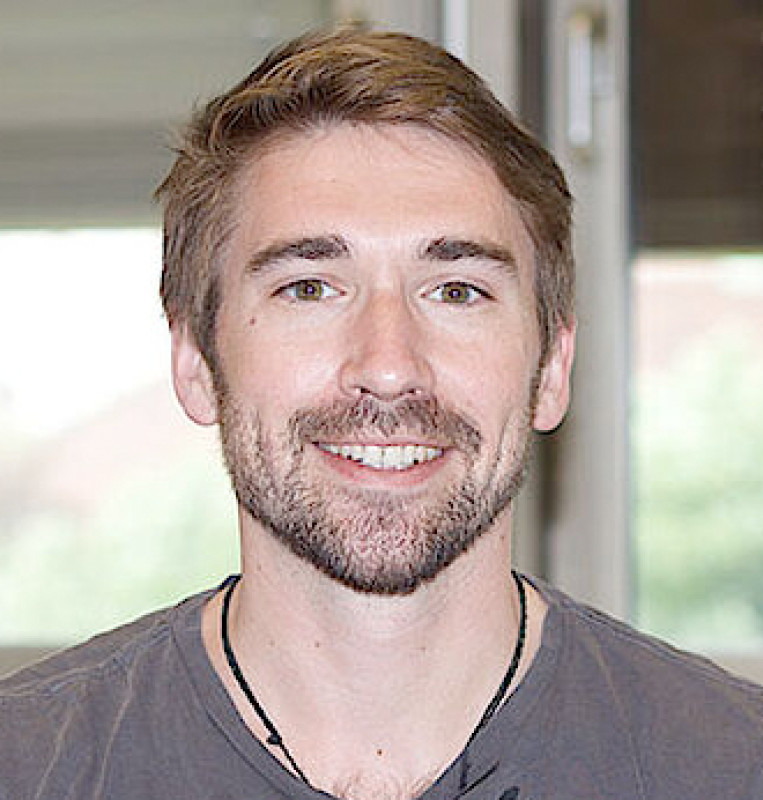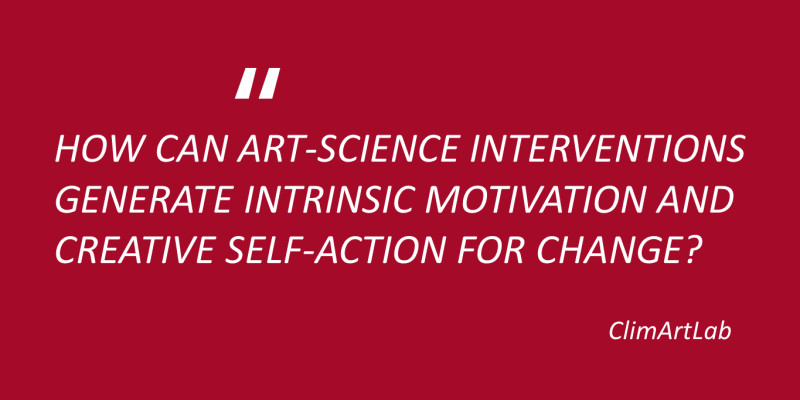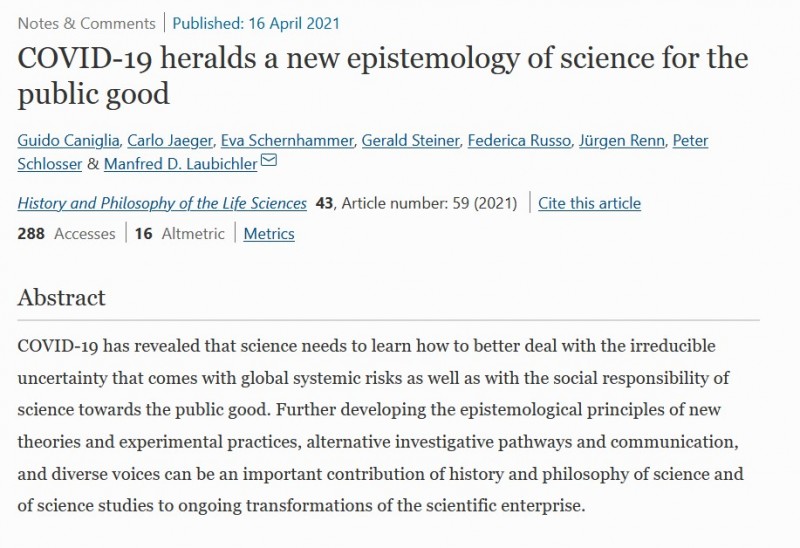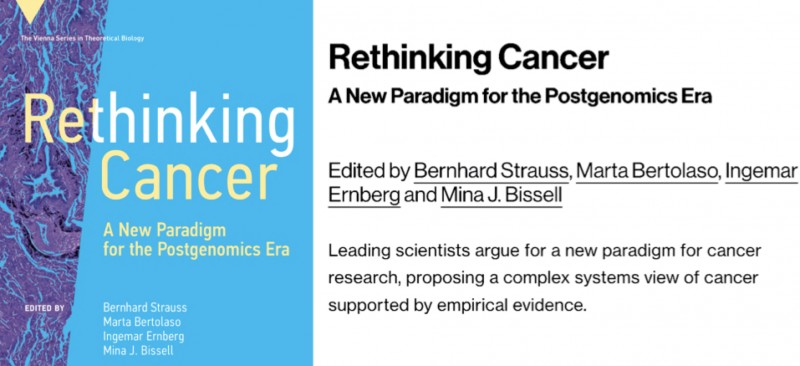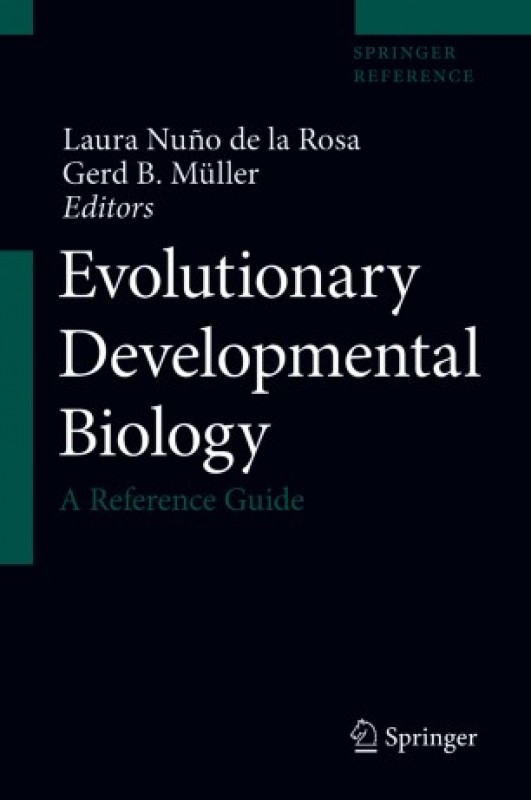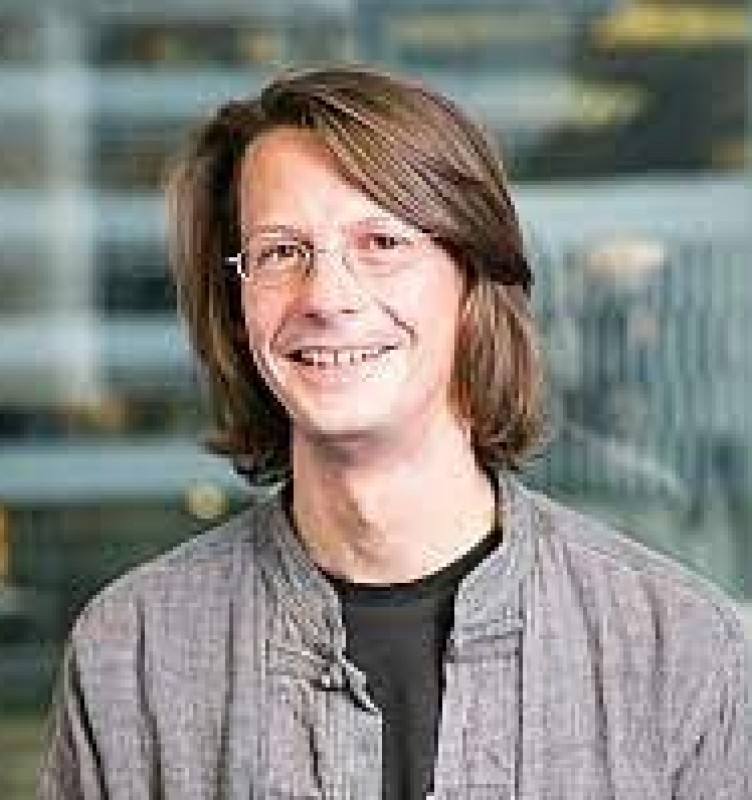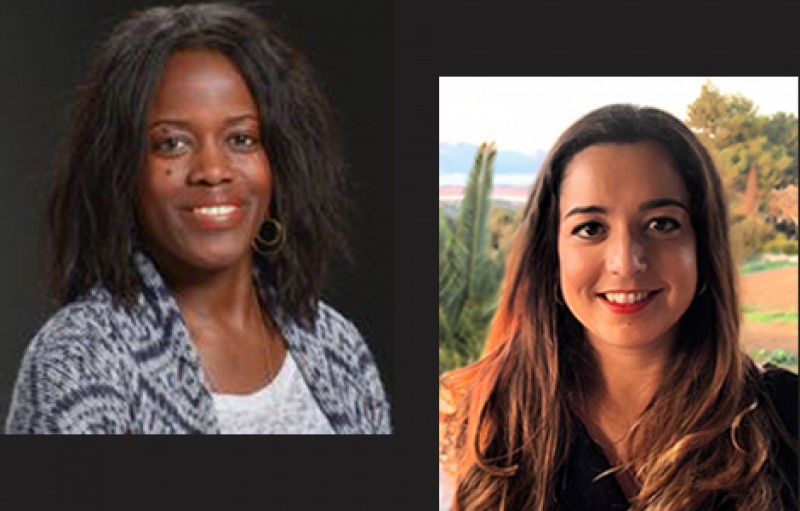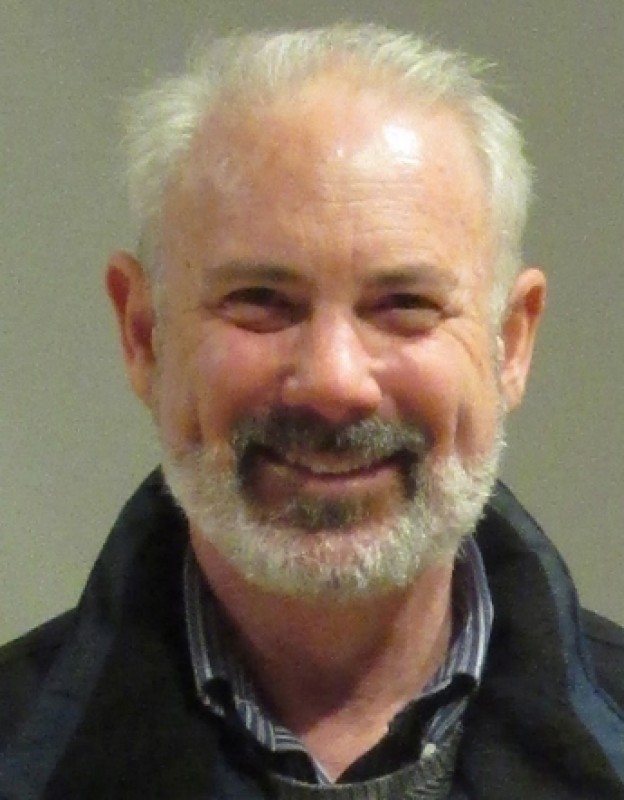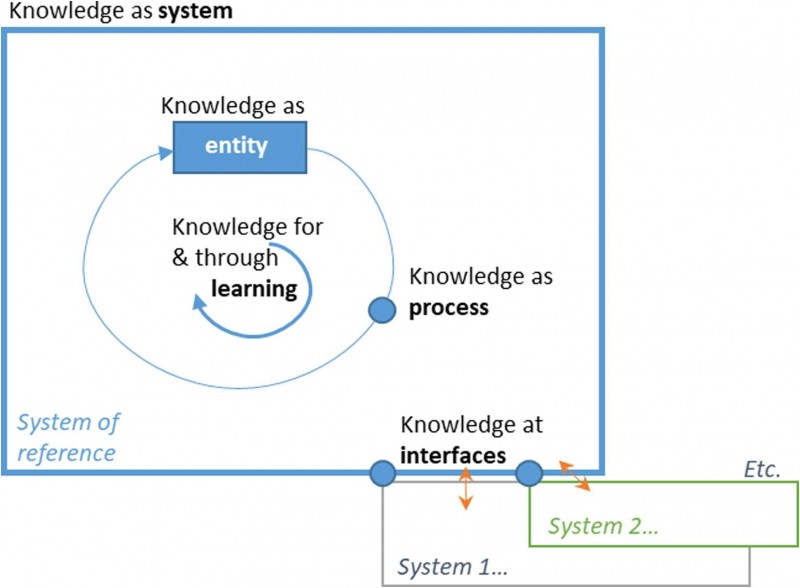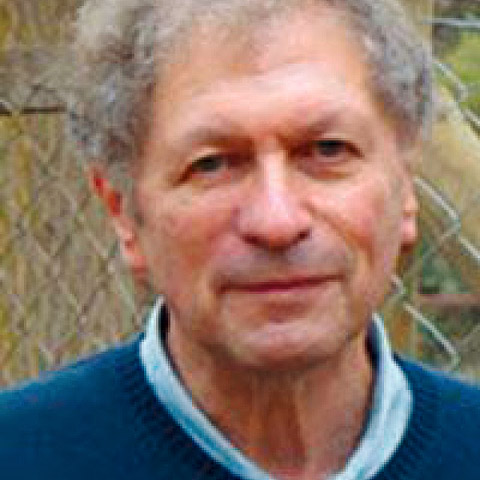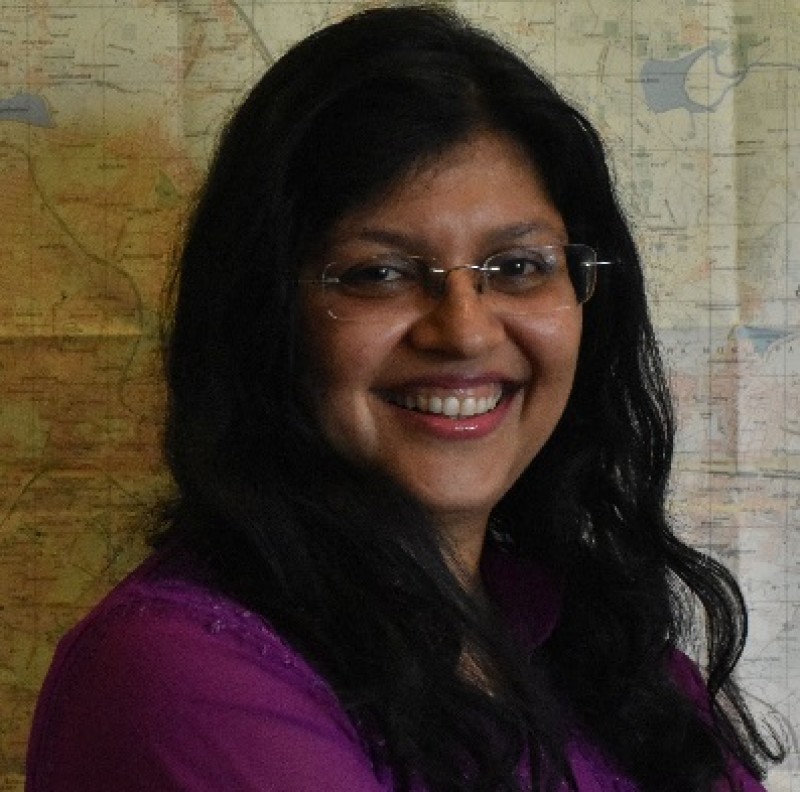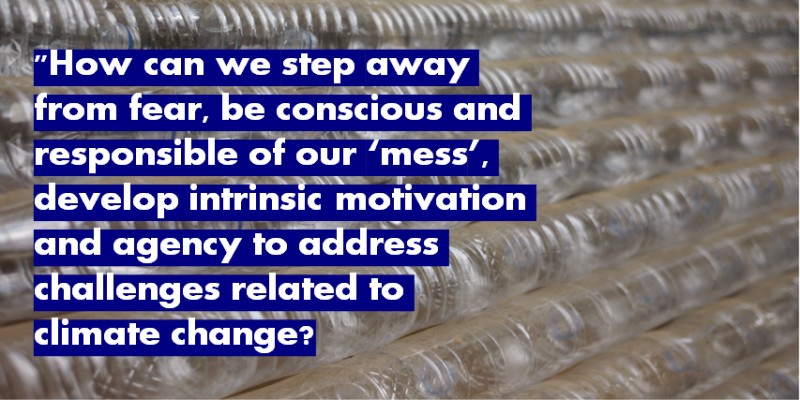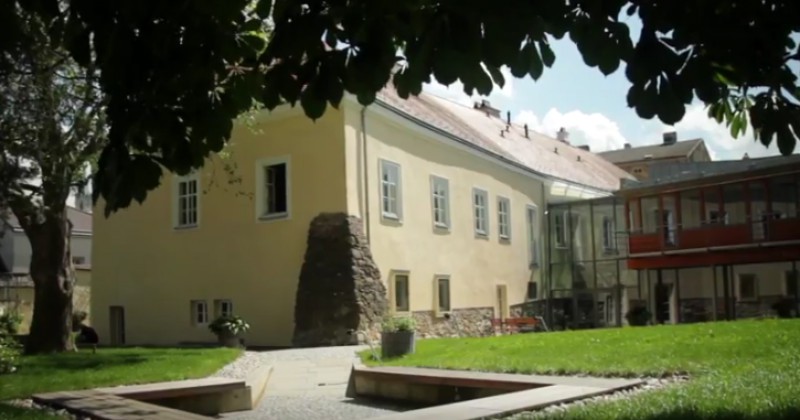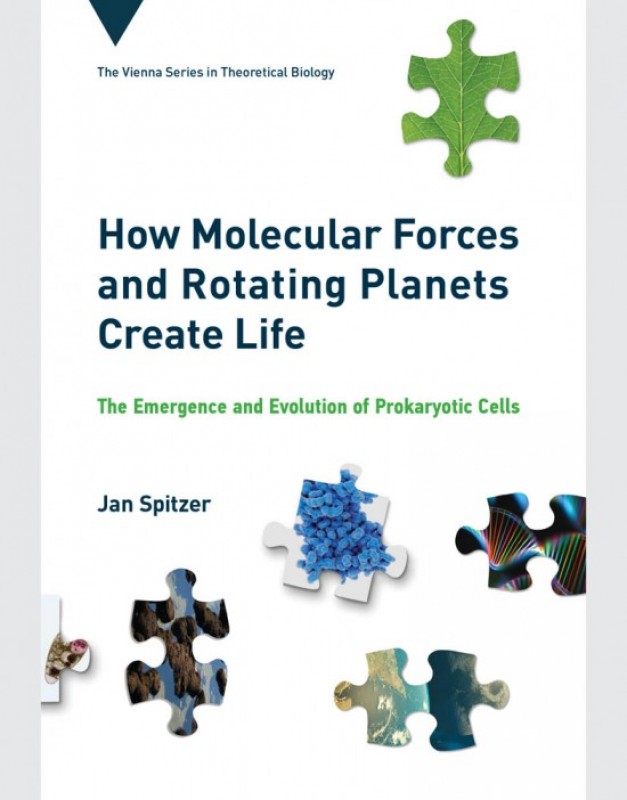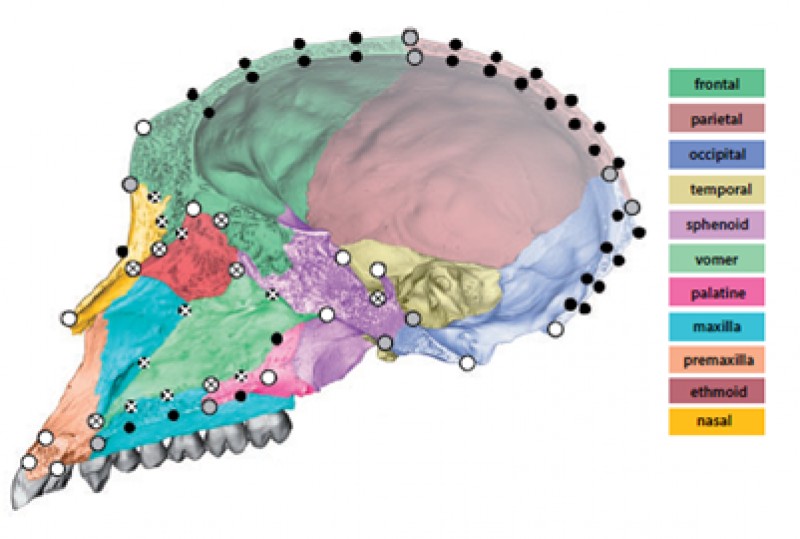News
2021-05-18
Opening Up Science in Museums – Experiences and Challenges
Katrin VOHLAND (Natural History Museum, Vienna), 27 May 2021, 3.00 pm. To join our colloquium please register with Zoom.
2021-05-12
Building a Healthy (Microbial) Community: Establishment of the Gut Microbiota in Infants and its Role in Immune and Brain Development
David BERRY (University of Vienna), 20 May 2021, 3.00 pm. To join our colloquium please register with Zoom.
2021-04-29
ClimArtLab Virtual Exhibition
Take part in experimental Zoom sessions to co-develop new ways of understanding climate change. Bring along a needle, thread, and curiosity. Registration now open.
2021-04-27
COVID-19 heralds a new epistemology of science for the public good
New paper in HPLS calls for change and action in the world of science and research from the privileged position of white academics working in wealthy western scientific institutions
2021-04-26
New book in Vienna Series in Theoretical Biology: Rethinking Cancer
Leading scientists argue for a new paradigm for cancer research, proposing a complex systems view of cancer supported by empirical evidence.
2021-04-22
Announcing Evolutionary Developmental Biology: A Reference Guide
Laura Nuño de la Rosa and Gerd B. Müller brought together an integrated set of reflections on major current issues in evo-devo
2021-04-22
Evolutionary Political Economy: Transformation and Simulation
Manuel SCHOLZ-WÄCKERLE (Vienna University of Economics and Business), 29 April 2021, 3.00 pm. To join our colloquium please register with Zoom.
2021-04-17
Science Diplomacy in the Post-COVID World
Mandë HOLFORD (CUNY) & Marga GUAL SOLER (SciDipGLOBAL), 22 April 2021, 3.00 pm. To join our colloquium please register with Zoom.
2021-04-07
Holobiont Evo-Devo: Animal Development as a Team Sport
Scott GILBERT (Swarthmore College), 15 April 2021, 5.00 pm. To join our colloquium please register with Zoom.
2021-04-02
Is knowledge just another buzzword in the sustainability sciences?
New systematic review by Apetrei, Caniglia, von Wehrden, and Lang analyzes five different entry points by which knowledge is approached by the sustainability sciences.
2021-03-30
Inherency and Agency in the Evolution of Development
Stuart A. NEWMAN (New York Medical College), 8 April 2021, 4.00 pm. To join our colloquium please register with Zoom.
2021-03-25
Does baby size matter? Unexpected similarities in human and chimpanzee pelvises
Chimpanzees appear to possess similar obstetric adaptations in their pelvis as humans, despite giving birth to much smaller babies. KLI fellow Nicole Grunstra explains these findings under a facilitated variation hypothesis.
2021-03-24
Thinking Ecologically about Cities: A Global South Perspective
Harini NAGENDRA (Azim Premji University), 1 April 2021, 3.00 pm. To join our colloquium please register with Zoom.
2021-03-15
Ameisen und ihre Parasiten bieten Einblicke in die Mechanismen von Entwicklung und Evolution
2021-03-05
ClimArtLab Project: Evolving Futures by Owning our Mess
KLI Scientific Director Guido Caniglia and Dominika Glogowski at artEC/Oindustry kicked off the project with a keynote presentation and a zoom-and-greet.
2021-03-03
Sifting through the shapeshifters: interview with Alice Laciny on parasite-induced morphologies in ants
KLI Alice Laciny's review is the first piece of scholarship to comprehensively synthesize what we know about parasites that affect ant morphology.
2021-03-02
Why Feminist Philosophy of Science?
Sharon CRASNOW (Norco College) & Kristen INTEMANN (Montana State University), 11 March 2021, 5.00 pm. To join our colloquium please register with Zoom.
2021-03-01
How Molecular Forces and Rotating Planets Create Life
New book by Jan Spitzer reconceptualizes the origin of life on Earth.
2021-03-01
New morphometric methods to break down organismal shape into adaptive and neutrally evolving components improve phylogenetic reconstruction
A group around KLI fellow Nicole Grunstra and Philipp Mitteroecker developed new methods to reconstruct phylogenetic relationships from morphology.


